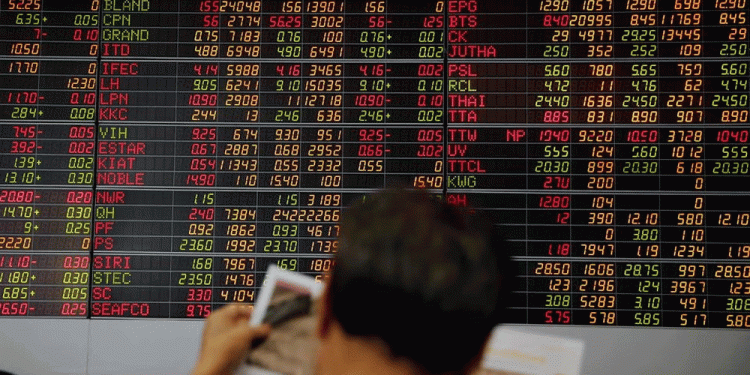In a relief to a large number of natural rubber growers, the tyre industry recently agreed to a proposal of the Kerala government to lift sheet rubber at 25% higher rates than current international prices. Raghupati Singhania, chairman, Automotive Tyre Manufacturers’ Association (ATMA), spoke to FE’s Sandip Das on issues impacting the sector. Excerpts:
How did the agreement on natural rubber (NR) pricing with the Kerala government come about?
In a meeting with senior representatives of tyre companies recently, Kerala chief minister Oommen Chandy expressed serious apprehensions that if small rubber growers are not supported at this juncture, long-term NR availability prospects in the country would turn bleak due to negative sentiment that may prevail.
Fall in domestic production of NR despite the ongoing peak season is a matter of concern for all of us. The tyre industry therefore agreed to the proposal put forward by the Kerala government to buy sheet rubber, also referred to as RSS4, at prices higher than international prices with a view to supporting small rubber growers in the state.
Notwithstanding raw material challenges faced by the industry, it was considered prudent to support small rubber growers at this critical juncture.
What were the other factors that led the tyre industry to accept the proposal?
The tyre industry believes that both NR growers and consumers are key stakeholders in a rich value chain. As it is, there is a growing shortfall between domestic production and consumption of rubber and it is feared that the same will widen in the future. Hence, it is desirable that domestic NR production receives a fillip.
At the same time, we expressed the hope that the state government’s proposal will address all operational issues related to the proposal so that rubber trade on a day-to-day basis is not hampered.
What are your expectations from the Centre?
We do hope governments, both at the state and Centre, take note of the concerns of the industry in view of surging imports of cheap finished rubber goods from China and ASEAN countries manufactured with cheaply accessed rubber. Increasingly, tyre demand is being met by imports despite the fact that domestic manufacturing capacity is ahead of the demand curve.
For instance, India has put state-of-the-art manufacturing facilities for new-generation truck and bus radial tyres at huge investments. It is important to note that imports account for nearly 20% of the domestic market, despite the fact that domestic capacities remain underutilized. We believe the government will take measures so that import of cheap and dumped tyres is curbed.
What could be the long-term plan of action for resolving the NR supply issue?
Since NR consumption has outstripped production by a wide margin in India, both production and productivity of NR needs to be enhanced. re-plantation activity has slackened and significant NR plantations are beyond the prime yielding age. Re-plantation activity therefore needs to be taken up on priority. The competitiveness of Indian NR sector needs to be enhanced through sharp focus on quality of NR produced. A significant amount of higher quality NR needs to be imported for manufacture of new age truck and bus radial tyres.
We believe the NR plantation sector needs to be strengthened through an increase in plantation and re-plantation subsidies. Dissemination of new practices among planters should get a fillip for improving production, productivity and quality.
For instance NR plantations in Vietnam and India’s North East were started about the same time. Vietnam, over the last 8-10 years, has seen its NR production nearly doubling. Last year it overtook India in NR production. Exports of NR from India have petered out.
– financialexpress.com


























